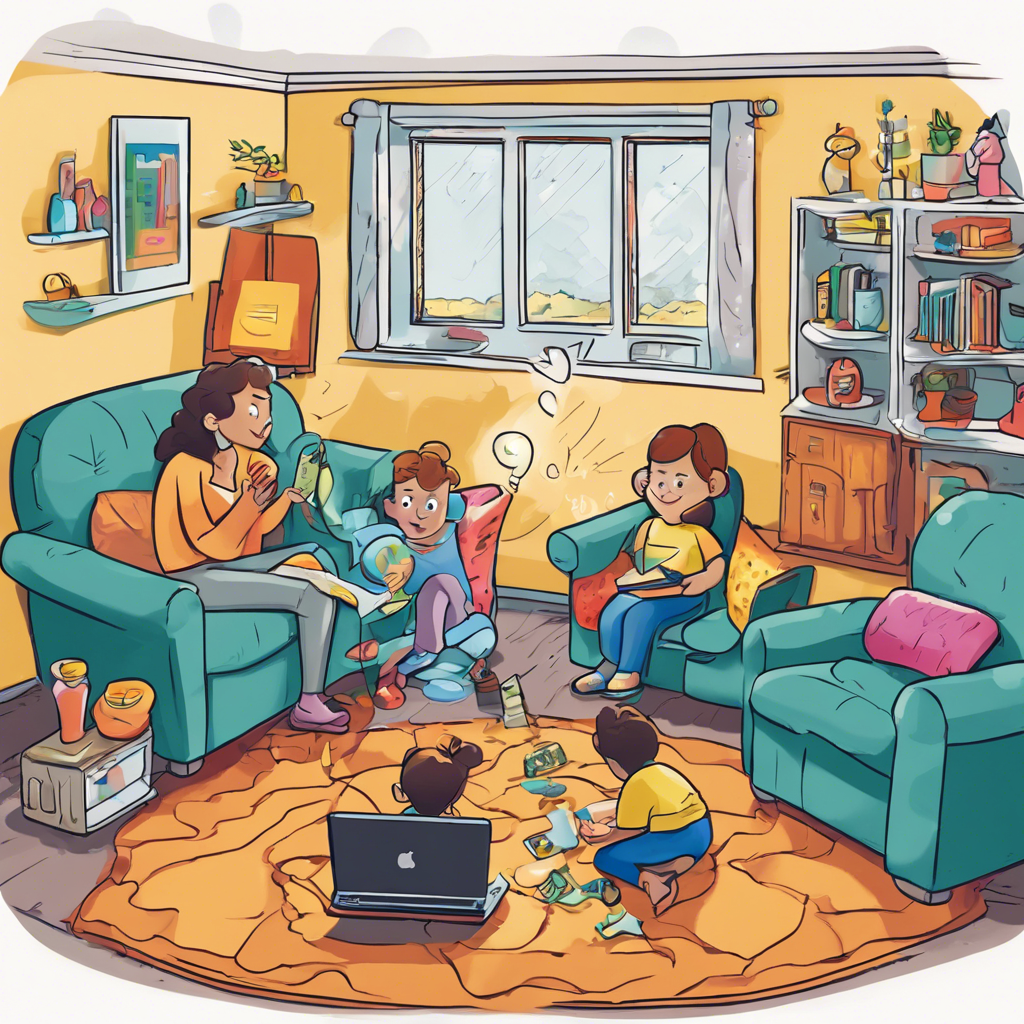In What Ways Do The Mechanics Of Cooperative Board Games Influence Player Decision-making Compared To Turn-based Strategy Games?
Gathering question image...
Introduction
Cooperative board games and turn-based strategy games present distinct gameplay mechanics that significantly affect player decision-making processes. Gaining an understanding of these differences offers valuable insights into player strategies, teamwork, and competitive dynamics within each game genre.
The Impact of Cooperative Game Mechanics on Decision-Making
In cooperative board games, players unite towards achieving a shared objective, creating unique decision-making dynamics that foster teamwork. The cooperative element shapes how players assess risks and strategies. As success hinges on collective achievements rather than solo victories, players frequently communicate and strategize collaboratively. This environment encourages decisions that emphasize team success over individual gain, enhancing the overall cooperative gameplay experience.
- Players engage in open communication to discuss strategies and potential moves.
- Consensus-driven decision-making balances individual insights with team objectives.
- Players may undertake risks that benefit the group more than individual players.
The Influence of Turn-Based Mechanics on Strategic Choices
Conversely, turn-based strategy games focus on individual players competing against each other to secure victory. This competitive atmosphere impacts players' decision-making, compelling them to prioritize personal strategies over collaborative efforts. Each turn presents an opportunity for players to reassess their positions and adapt their strategies based on rivals’ actions, resulting in a more individualistic approach driven by personal goals.
- Players independently analyze the game board, often prioritizing their personal strategies.
- Decision-making is shaped by the necessity to outmaneuver opponents, emphasizing competition.
- Choices may involve intricate planning that incorporates deception and tactical elements.
Conclusion
In conclusion, the mechanics of cooperative board games foster collective decision-making and collaborative strategies, while turn-based strategy games promote individual tactics and competition. Recognizing these influences can enrich the gameplay in both genres, enabling players to adjust their strategies effectively and enhance their overall gaming experience.
Expert Quote
Dr. Eric Zimmerschied, Game Mechanics Researcher
Cooperative games inherently encourage players to collaborate, leading to deeper integration of strategic thinking and decision-making among participants. This contrasts sharply with competitive formats where individual objectives dominate.
Article in the Journal of Game Design, 2022
Relevant Links
Dominant Player Problem in Coop Games : r/gamedesign
https://www.reddit.com/r/gamedesign/comments/3hb32k/dominant_player_problem_in_coop_games/Game Mechanics — Games and Time. How various games treat ...
https://stanislav-stankovic.medium.com/game-mechanics-games-and-time-a85c2913319fThe Paradox of Cooperative Games : r/boardgames
https://www.reddit.com/r/boardgames/comments/708nwq/the_paradox_of_cooperative_games/cooperation - What makes a cooperative board game actually a ...
https://boardgames.stackexchange.com/questions/7391/what-makes-a-cooperative-board-game-actually-a-gameHow to make turnbased coop actually interesting? : r/gamedesign
https://www.reddit.com/r/gamedesign/comments/nk59wv/how_to_make_turnbased_coop_actually_interesting/Most popular questions

How Do The Personal Relationships Among Gods Affect Their Decisions In The Iliad?
The intricate relationships among the gods in Homer's epic poem 'The Iliad' play a crucial role in shaping their actions and decisions. These divine interactions create a complex web of fates, where each god's personal alliances and rivalries directly influence the events of the mortal world.

What Strategies Can Parents Use To Educate Their Children About Online Safety Beyond Privacy Settings?
In today's digital landscape, teaching children about online safety is essential for their protection and well-being. While privacy settings play a critical role, parents can implement various strategies to create a thorough understanding of online safety principles among their children.

What Are The Different Types Of Insulation Materials Commonly Used In Buildings, And How Do They Compare In Terms Of Thermal Resistance?
Insulation materials are vital for enhancing energy efficiency in residential and commercial buildings by minimizing heat transfer. Understanding the various insulation types can lead to better choices for thermal resistance and overall comfort.
Most recent questions

How Can Qualitative Research Methods Complement Quantitative Approaches In Studying Gender Dynamics In Film Adaptations?
Exploring gender dynamics in film adaptations demands a comprehensive, multifaceted approach. By strategically integrating qualitative and quantitative research methods, researchers can uncover a deeper understanding of how gender is represented and perceived in various cinematic texts. This document will analyze the complementary roles of qualitative and quantitative research in this context, enhancing insights and enabling nuanced analyses of gender representation in films.

How Do Regional Cultural Norms Affect The Effectiveness Of Algorithmic Recommendations Across Different Countries?
The effectiveness of algorithmic recommendations varies significantly across countries due to diverse regional cultural norms. Understanding these cultural differences is essential for developing algorithms that resonate with varied audiences and enhance user engagement in digital platforms.

What Are Some Examples Of Artworks That Incorporate Audience Participation, And How Do They Differ From Traditional Art Forms?
Art has undergone a remarkable evolution over the years, with audience participation emerging as a dynamic and essential component of contemporary art. This transformation contrasts with traditional art forms, which typically present a fixed array of artistic expressions requiring little to no active engagement from viewers.